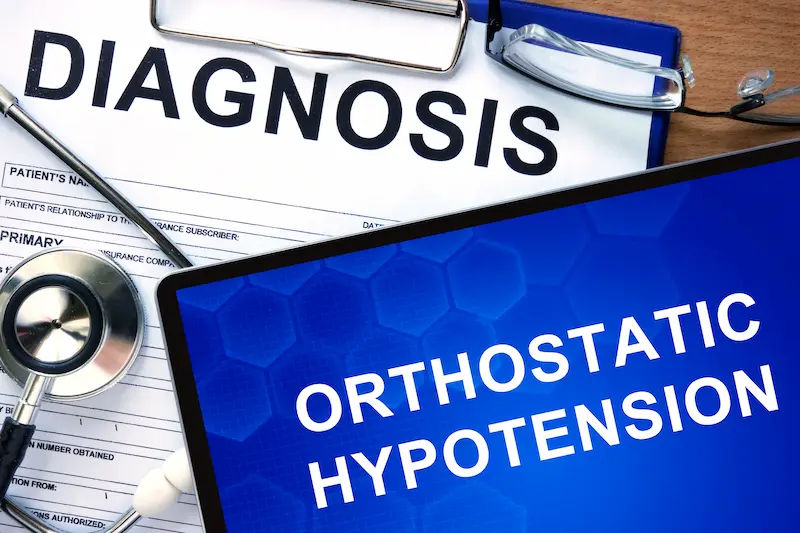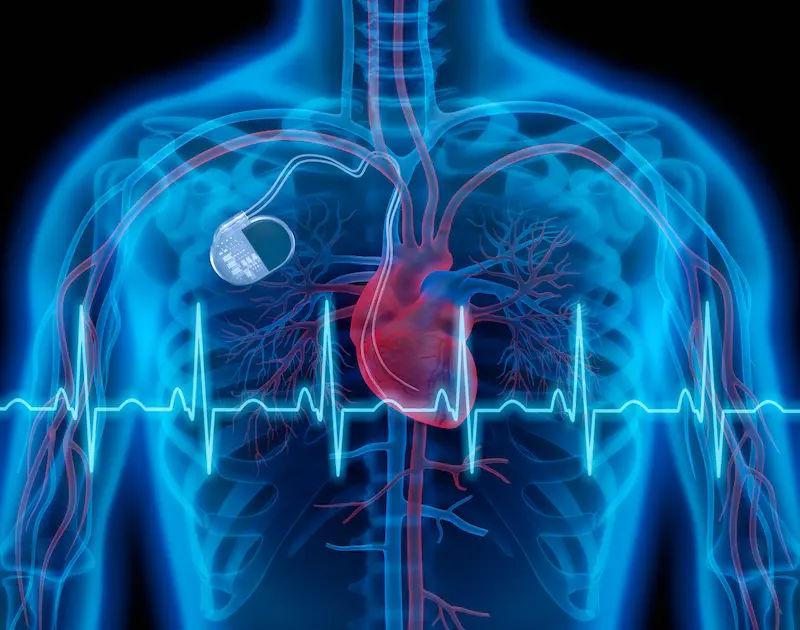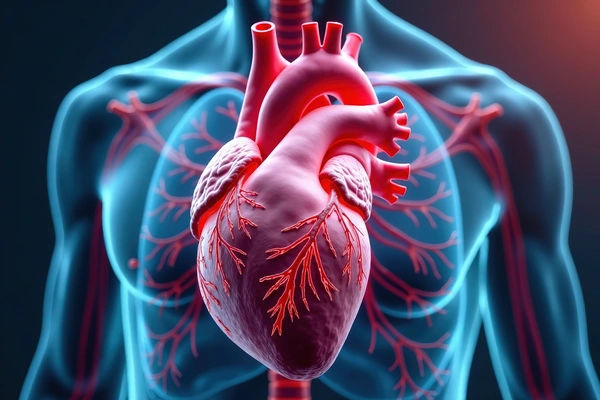- male
- 45 Years
- 29/01/2025
I'm a bit concerned about my heart rate and blood pressure. My heart rate stays around 96 on average and jumps to 110 when I stand up. My blood pressure is usually around 13095. Should I be worried about these numbers, or is it something that could help with meditation?
Answered by 1 Apollo Doctors
Your heart rate of 96 on average and increasing to 110 on standing, along with a blood pressure of 13095, indicate that you may have some issues with your cardiovascular health. It would be advisable to consult a doctor for a proper evaluation and diagnosis. In the meantime, you can consider taking medications like Atenolol 25mg once daily to help lower your heart rate and blood pressure. Additionally, practicing meditation can also be beneficial in managing stress and improving overall heart health.
Dr. Chandra Suggests...
Consult a Cardiologist
Answered 04/07/2025
0
0

More Cardiology Health Queries
View allWhat can I eat to lower my blood pressure immediately?
You cannot lower yout BP immediately. Follow a healthy life style and eat food rich in fibre and protein, exercise for 30-40 mins and reduce stress
Answered by 1 Apollo Doctors
Is sleeping good for high blood pressure?
People who sleep six hours or less may have steeper increases in blood pressure. If you already have high blood pressure, not sleeping well may make your blood pressure worse. It's thought that sleep helps your body control hormones needed to regulate stress and metabolism.
Answered by 1 Apollo Doctors
I'm really concerned because my TMT came back positive and I've been told I've got a heart problem. What should I do now? How serious is this, and what's the next step?
Based on your positive TMT result and heart problem, I would recommend that you start taking Aspirin 75mg once daily to help reduce the risk of blood clots and improve blood flow to the heart. Additionally, you should also consider taking Atorvastatin 20mg daily to lower cholesterol levels and reduce the risk of heart complications. It is important to follow up with a cardiologist for further evaluation and management.
Answered by 1 Apollo Doctors
Disclaimer: Answers on Apollo 247 are not intended to replace your doctor advice. Always seek help of a professional doctor in case of an medical emergency or ailment.





.webp)